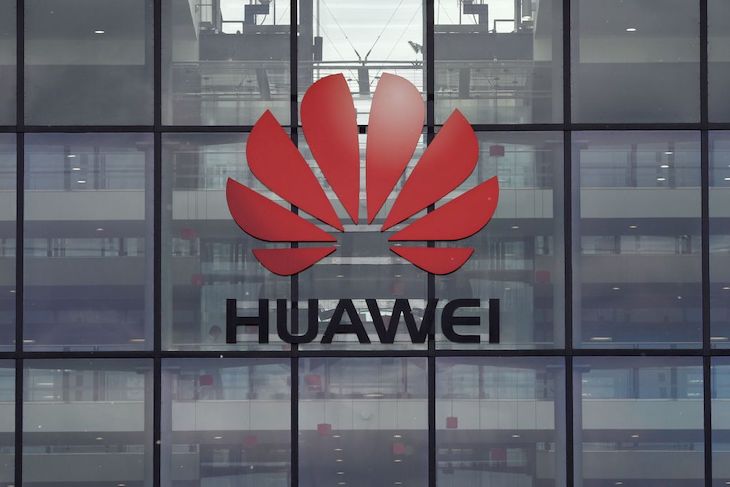Huawei is nothing if not inventive in its efforts to land the contract to run Britain’s forthcoming 5G mobile phone network. This morning it has published a report by the Oxford Economics Group which claims that the company added £1.7 billion to Britain’s GDP and accounted for 26,200 UK jobs in 2018. It is an eye-catching figure, but should it really influence government ministers as they weigh up the advantages of giving Huawei the contract against the security risks of handing parts of our telecommunications infrastructure to a company connected with the Chinese government?
You have to have a little imagination to get to the figure of £1.7 billion and 26,200 jobs. Of the £1.7 billion, only £287 million is accounted for by Huawei’s own activities and £806 million by businesses in the company’s supply chain. The remaining £598 million is attributed to jobs in other areas of the economy that are ‘stimulated’ by Huawei’s employees and its suppliers’ employees spending. A similar device is used to reach the tally of 26,200 jobs. Huawei only employed 1,563 people in the UK in 2018. A further 15,600 jobs were attributed to Huawei’s suppliers and the remaining 9,000 jobs, says the report, were ‘stimulated’ by Huawei’s employees and its suppliers’ employees spending. In other words, it is totting up all the jobs it estimates were created in Frankie & Benny’s and Cineworld as Huawei’s staff enjoyed themselves in their leisure time.
Clearly, the effect of a company’s presence in Britain goes well beyond its own employees, but there is an element of guesswork involved: no one really knows how Huawei’s staff spent their earnings, how much they spent in the UK, how much they squirreled away and how much they blew on holidays in Corfu. Huawei’s critics might also pick up on the tax revenues quoted in the Oxford Economics Group report which, in common with so many multinationals, don’t seem to be growing as fast as the company’s claimed contribution to GDP – while the latter climbed from £69 million to £287 million between 2012 and 2018, its contribution to tax revenues climbed more modestly from £44 million to £101 million.
But there is something of a wider point here: should a company’s claimed contributions to the economy really affect the question of whether Huawei should be allowed to operate security-sensitive apparatus like our 5G network? Investment by overseas companies is generally an excellent thing, and I don’t think too many people are especially bothered about Huawei selling its phones to UK consumers, even if there have been some concerns over the security of its products (something which also applies to many of its rivals). But when the UK economy is worth £2 trillion a year, more than 500 times Huawei’s claimed gross contribution, are we really so desperate not to upset Huawei that we lay aside valid concerns about national security? Moreover, if the contract for 5G is awarded to a rival company that company, too, will presumably enlarge its operations in Britain and thus its own contribution to UK GDP.
It is interesting to have a guesstimate of how Huawei’s activities affect the economy but it does nothing to allay fears that putting vital telecommunications access in the hands of a company linked to a foreign government which is not a democracy, and with which we are not on the friendliest terms, is not a great idea.







Comments